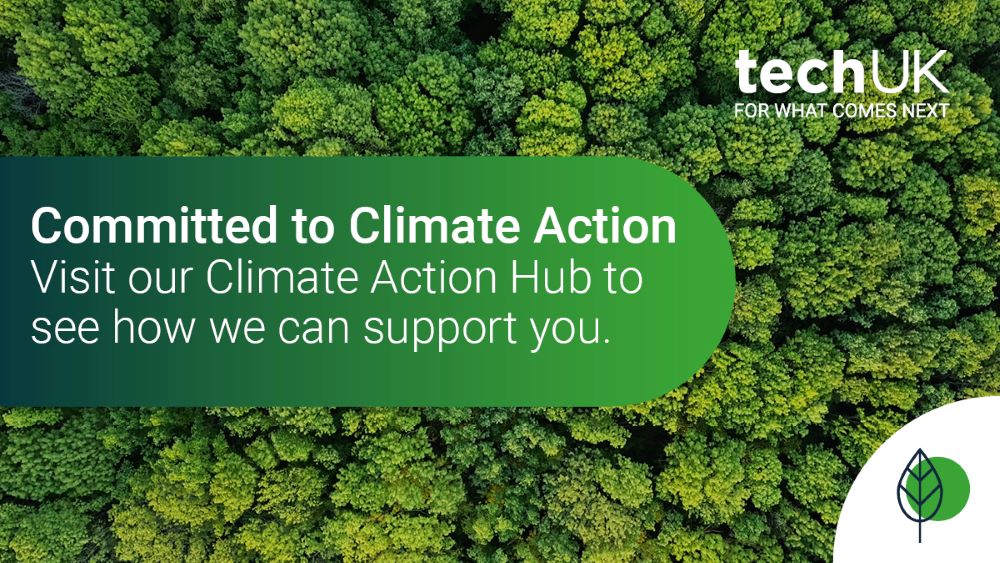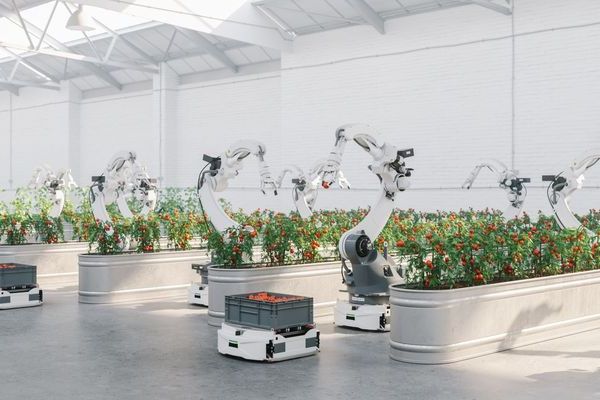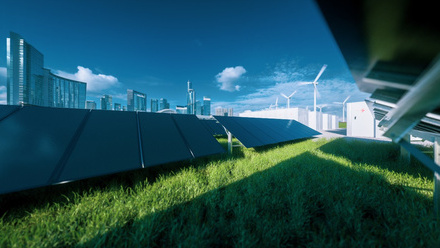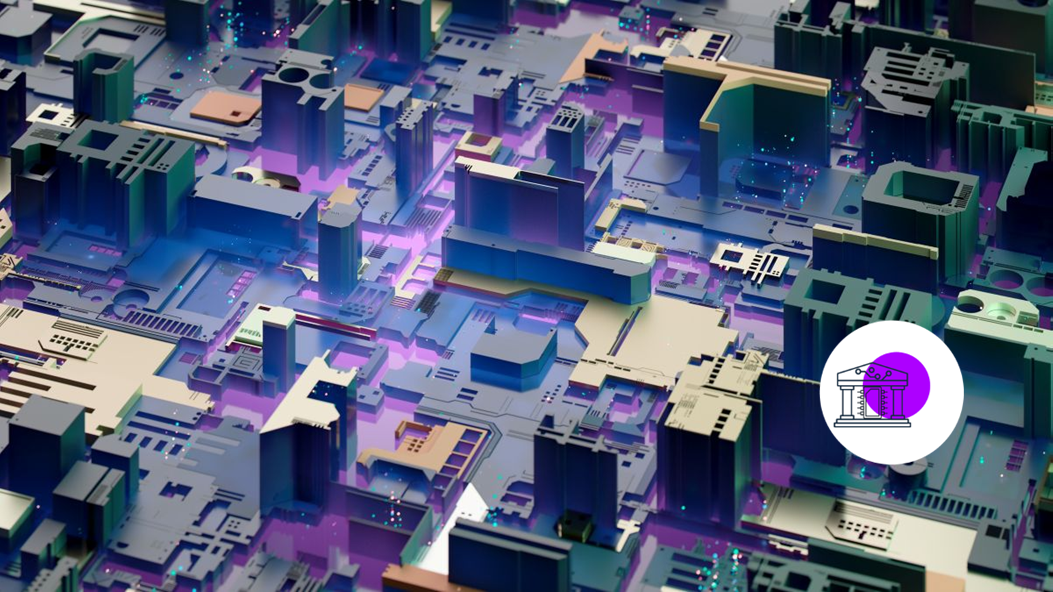Guest Blog: SBTI approve Ericsson's climate targets towards Net Zero
In this guest blog, Lia Tzifa, Head of Networks Presales UK & Ireland at Ericsson, shares insight following Ericsson's second round of climate targets toward Net Zero being approved by the Science Based Target initiative.
1. What is net zero and why is it important?
At a global scale, the term Net Zero is a simple equation that describes a state where, for all remaining GHG emissions emitted through human activities, the same amount is absorbed from the atmosphere.
A prerequisite for reaching this balance is to reduce current emissions drastically, as we cannot absorb current amounts of global emissions with known technologies. We therefore need to start by reducing emissions across society as much as possible.
For companies, this means prioritizing the elimination of sources of emissions within their operation and value chain which follows a 1.5°C reduction trajectory. It’s only when there is no possibility to eliminate more emissions that companies can neutralize their value chain emissions with carbon removal technologies.
At Ericsson, we have contributed to the development of the International Telecommunication Union’s Net Zero standard specifically to help the ICT sector set relevant, science-based and ambitious Net Zero targets and strategies, and to navigate among the different international initiatives that provide guidance on Net Zero.
2. Technology and partnership to meet the climate challenge
Ericsson reached its target to make the 5G portfolio 10 times more efficient for the same amount of transferred data compared to 4G. By 2022, the Company’s third and fourth generation massive MIMO 5G radios were 10.0 (9.3) times more energy efficient compared to 4G radios. If looked at in isolation, fourth generation 5G radios were 10.6 times more efficient. Ericsson achieved this by using, among other things, highly efficient radio unit power amplifiers and through improvements in Ericsson Silicon (ASICs), a dedicated, purpose-built system on a chip design solution that makes it possible to create smaller and lighter radios that consume less energy.
3. What Ericsson has achieved so far
Treating climate action as an urgent strategic issue, Ericsson has prioritized achieving related targets through actions within the company, the product portfolio and across the wider business value chain.
Decarbonizing industries is vital if we are going to keep global average temperature 1.5°C above preindustrial levels. Ericsson Research has shown that by 2030 digital technologies could reduce greenhouse gas emissions across industries by 15 percent. This is greatly due to the positive externalities of connecting to and using the network.
In Europe alone, we estimate that by 2030, a further 55–170MtCO2e of emissions savings per annum would be possible through the continued implementation of 5G technology, the equivalent of taking one in seven of the EU’s fossil-fuel powered cars off the road.
Ericsson’s new targets follow the company’s achievements of SBTi approved targets in a previous round covering 2016 to 2022. These targets were to reduce scope 1, 2 and scope 3 categories Business Travel and Downstream Transportation emissions by 35 percent as well as to achieve 35 percent energy savings in Ericsson Radio Systems compared to the legacy portfolio. Ericsson met and surpassed these goals within the target timeframe, reducing them by 60 percent and 39 percent respectively.
4. What are the next steps
The Science Based Targets initiative (SBTi) worded the approval of Ericsson’s new targets as follows:
Overall Net-Zero Target
Ericsson commits to reach net-zero greenhouse gas emissions across the value chain by FY2040 (end of 2040).
Near-Term Targets
Ericsson commits to reduce absolute scope 1, 2 and 3 GHG (greenhouse gas) emissions 50 percent by FY2030 (end of 2030) from a FY2020 (end of 2020) base year. Within this target, Ericsson commits to reduce absolute scope 1 and 2 GHG emissions 90.0 percent and absolute scope 3 GHG emissions 50.0 percent within the same timeframe.
Long-Term Targets
Ericsson commits to reduce absolute scope 1, 2 and 3 GHG (greenhouse gas) emissions 90 percent by FY2040 (end of 2040) from a FY2020 (end of 2020) base year.
techUK - Committed to Climate Action
Visit our Climate Action Hub to learn more or to register for regular updates.
By 2030, digital technology can cut global emissions by 15%. Cloud computing, 5G, AI and IoT have the potential to support dramatic reductions in carbon emissions in sectors such as transport, agriculture, and manufacturing. techUK is working to foster the right policy framework and leadership so we can all play our part. For more information on how techUK can support you, please visit our Climate Action Hub and click ‘contact us’.
Upcoming climate events
Latest news and insights
Get our climate insights straight to your inbox
Climate, Environment and Sustainability updates
Sign-up to get the latest updates and opportunities from our Climate, Environment and Sustainability programme.
Contact the team
Learn more about our Climate campaign












